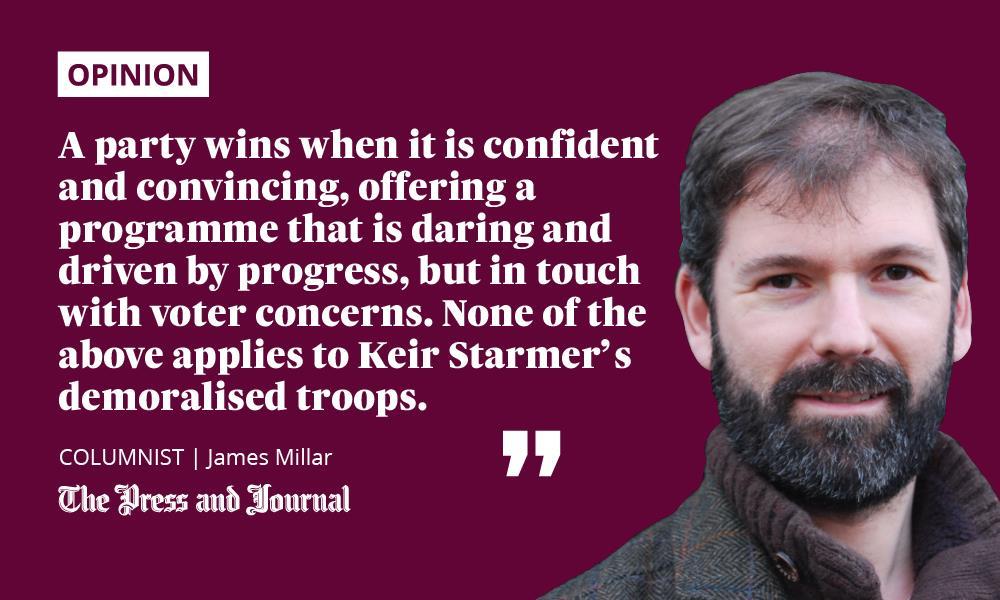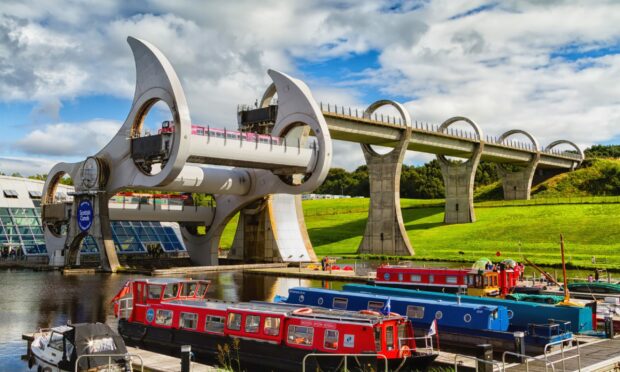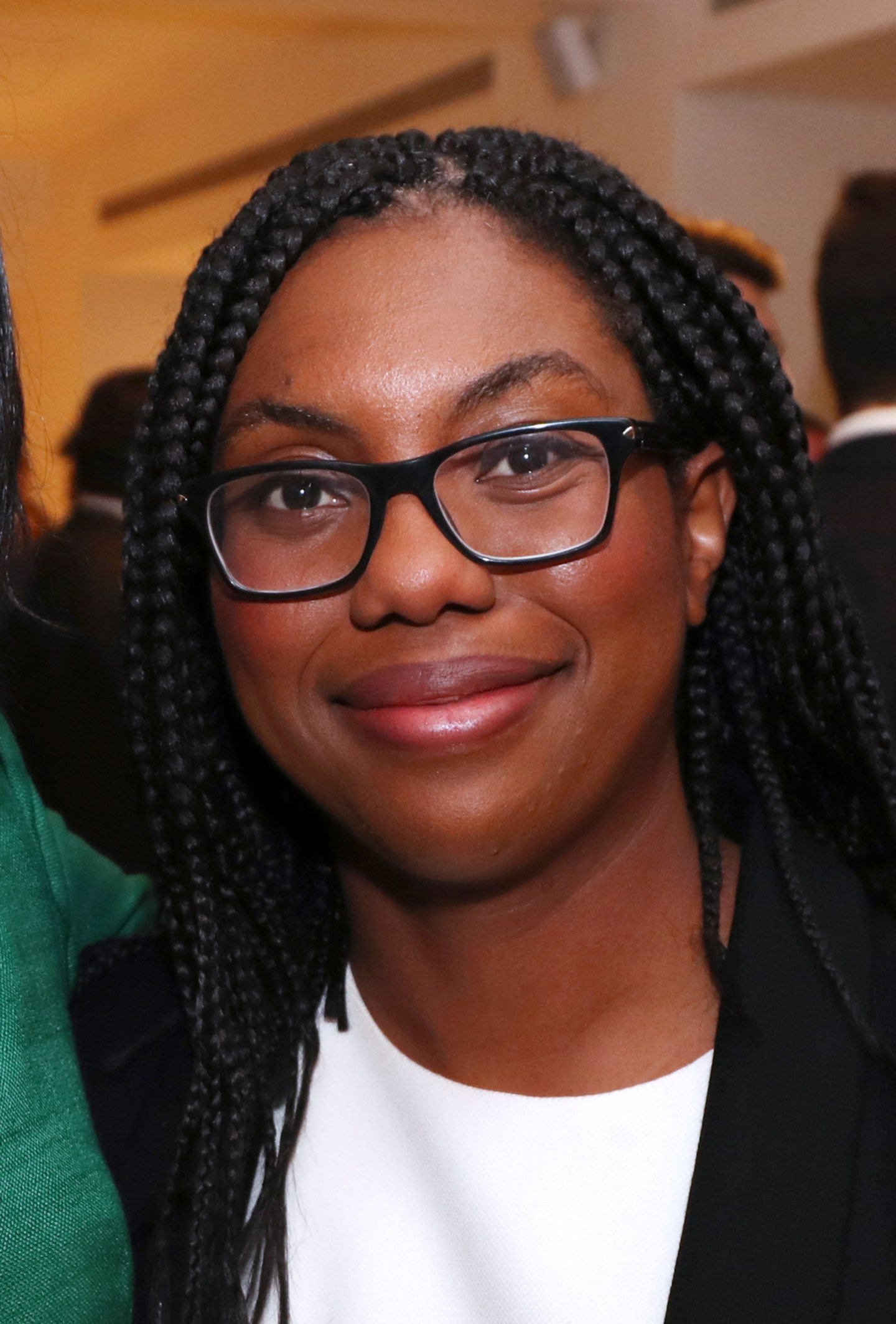In politics, as in life, things turn.
Party conference season heralds the change in season from summer to autumn. As Labour delegates gather in Brighton this weekend, the city by the sea will be on the turn from summer day trip destination to its windblown winter incarnation.
Of course, the Labour Party will be hoping their annual get together will evoke the sort of joy and optimism that Brighton inspires in high season rather than the feeling of a town out of time.

Already the party has fallen out with itself before the conference even gets under way. Canterbury MP Rosie Duffield said she’ll be skipping the event on personal safety grounds. She has views about transgender issues that she reckons will make her a target for those who take a more fundamentalist stance.
That she feels this way is an indictment on the state of debate in the Labour Party and the country more widely. Her fears ought to be taken seriously and addressed.
Most folk open to understanding different points of view
However, it’s worth pointing out that most folk, whether directly engaged with the trans debate around what constitutes a woman and access to single sex spaces or not, just want to get on and are open to understanding different points of view.
There are a small number of loudmouths on both sides of the argument peddling bad faith, and it’s unfortunate that a tape emerged last week of Tory Kemi Badenoch, at best using outdated language on the topic and at worst indicating a disdain for it – particularly when she is equalities minister.
Fundamentally, the debate about trans rights matters to all of us because it speaks to how the nation defends and accommodates minorities. But, the truth is, it’s not a subject that animates many voters.
When voters were asked recently about what issues they are passionate about, “the rights of transgender men and women” came out last. It bobbed around the bottom of the pile, alongside other so-called culture war issues like the fate of statues, Black Lives Matter and free speech.
NHS, economy and immigration on top of the list for voters
That’s not to say any of these should be be ignored. Only that a party that wants to win power needs to keep them in perspective.
Inevitably, the NHS, the economy and immigration came out top of that list of touchstone issues. But one category was noticeable by how high it ranked.
Improving the nation’s mental health was cited by nearly one in five of those polled. It came just behind crime in people’s list of priorities.
That’s a sign of how things have turned in politics and in life in recent years. And nowhere was that better demonstrated than in a recent Radio Scotland documentary about one of Scotland’s oft overlooked attractions – the Falkirk Wheel.
There was an element of swash and buckle to the millennium projects pushed by Tony Blair’s administration. Now it feels like the height of government’s ambition is to avert disaster, be that environmental catastrophe or a mental health epidemic brought on by inequality and anxiety.
The episode of Our Story is well worth seeking out on the iPlayer. Presenter Mark Stephen declares the Wheel “one of the best things in Scotland” – which is a big shout in a nation that remains the home of both golf and Irn-Bru HQ.
The documentary doesn’t just tell the story of a remarkable engineering feat (the boast that it’s the world’s only rotating boat lift isn’t quite as impressive as some think – it’s possible the global demand for rotating boat lifts only runs to one) but of a world that has turned.
For the archive audio from 20 years ago features almost exclusively talk of the economic benefits it will bring to the rundown Falkirk area and the world-beating engineering involved. It all sounds very New Labour – positive, world-leading and driven by prosperity.
Just as the Falkirk Wheel turns slowly, so does society
But, today, the case for the Falkirk Wheel has changed. Now its environmental credentials are emphasised and there is much talk of the mental health benefits calm canals and “blue-green spaces” combining countryside and water can bring.
There was an element of swash and buckle to the millennium projects pushed by Tony Blair’s administration. Now it feels like the height of government’s ambition is to avert disaster, be that environmental catastrophe or a mental health epidemic brought on by inequality and anxiety.
Just as the Falkirk Wheel turns slowly, almost imperceptibly but reliably, so does society. And it offers a lesson to Labour.
The party wins when it is confident and convincing, offering a programme that is daring and driven by progress, but in touch with voter concerns. None of the above applies to Keir Starmer’s demoralised troops gathering this week and already riven by disputes that the electorate, rightly or wrongly, regard as irrelevant.
Tourist attractions like Brighton and the Falkirk Wheel will be hunkering down now, hoping for a few good days before winter kicks in and the cycle inevitably brings a new tourist season round again.
There will be sunny days for Labour again. But unless the party locks on to electorally relevant topics and projects a picture of a brighter future, their long, grey political winter will endure for some time to come.
James Millar is a political commentator and author and a former Westminster correspondent for The Sunday Post

